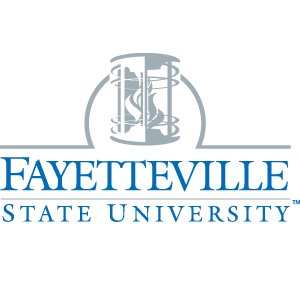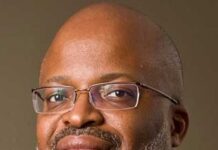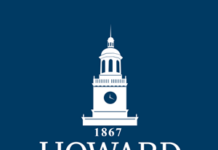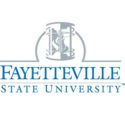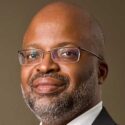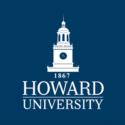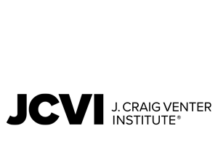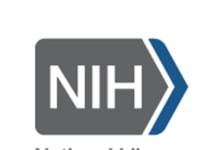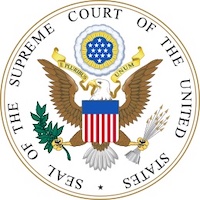 The Supreme Court of the United States has ruled that the administration’s proposal to wipe out an estimated $430 billion in student loan debt is unconstitutional. The ruling has a significant impact on African Americans.
The Supreme Court of the United States has ruled that the administration’s proposal to wipe out an estimated $430 billion in student loan debt is unconstitutional. The ruling has a significant impact on African Americans.
On August 24, 2022, Secretary of Education Miguel Cardona announced that he would invoke the Higher Education Relief Opportunities for Students (HEROS) Act of 2003. The HEROES Act authorizes the Secretary to “waive or modify” statutory or regulatory provisions applicable to federal student financial assistance programs under Title IV of the Higher Education Act of 1965 to ensure that borrowers are not placed in a worse position financially in relation to their student loans as a result of a war, other military operation, or national emergency. The administration argued that the COVID-19 pandemic was just such an emergency.
The plan would have provided up to $20,000 in loan forgiveness to those who had accumulated student debt. This would include $10,000 of eligible, federally held student-loan debt for any individual borrower with 2020 or 2021 income under $125,000 (or household income under $250,000), and an additional $10,000 (making a total of $20,000) for any such borrower who had ever received a Pell Grant.
Writing for the 6-3 majority, Chief Justice John Roberts stated that “The Secretary’s plan canceled roughly $430 billion of federal student loan balances, completely erasing the debts of 20 million borrowers and lowering the median amount owed by the other 23 million from $29,400 to $13,600. Six States sued, arguing that the HEROES Act does not authorize the loan cancellation plan. We agree.”
“The Secretary’s comprehensive debt cancellation plan cannot fairly be called a waiver – it not only nullifies existing provisions, but augments and expands them dramatically,” Roberts continued. “However broad the meaning of ‘waive or modify,’ that language cannot authorize the kind of exhaustive rewriting of the statute that has taken place here. The question here is not whether something should be done; it is who has the authority to do it.”
The student debt crisis disproportionately impacts African Americans. For example, a recent report from the National Science Foundation said that only 20 percent of all African Americans who earned doctorates in 2019 had no education-related debt when they earned their terminal degree. For Whites, 48.1 percent had no education-related debt. The average graduate education debt for Whites who earned doctorate in 2019 was $31,657. African Americans who earned doctorates in 2019, had an average graduate student debt of $84,050.
Another report from JPMorgan Chase found that nearly 10 percent of Blacks with student debt had never made a payment. This is nearly four times the rate for Whites with student loans. Most striking is the fact that 13.1 percent of Blacks with student loans are on track to never pay off their loans. These students are accumulating more interest than the payments they are making and thus their balances increased over the previous 12 months. This is about double the rate for Whites.
